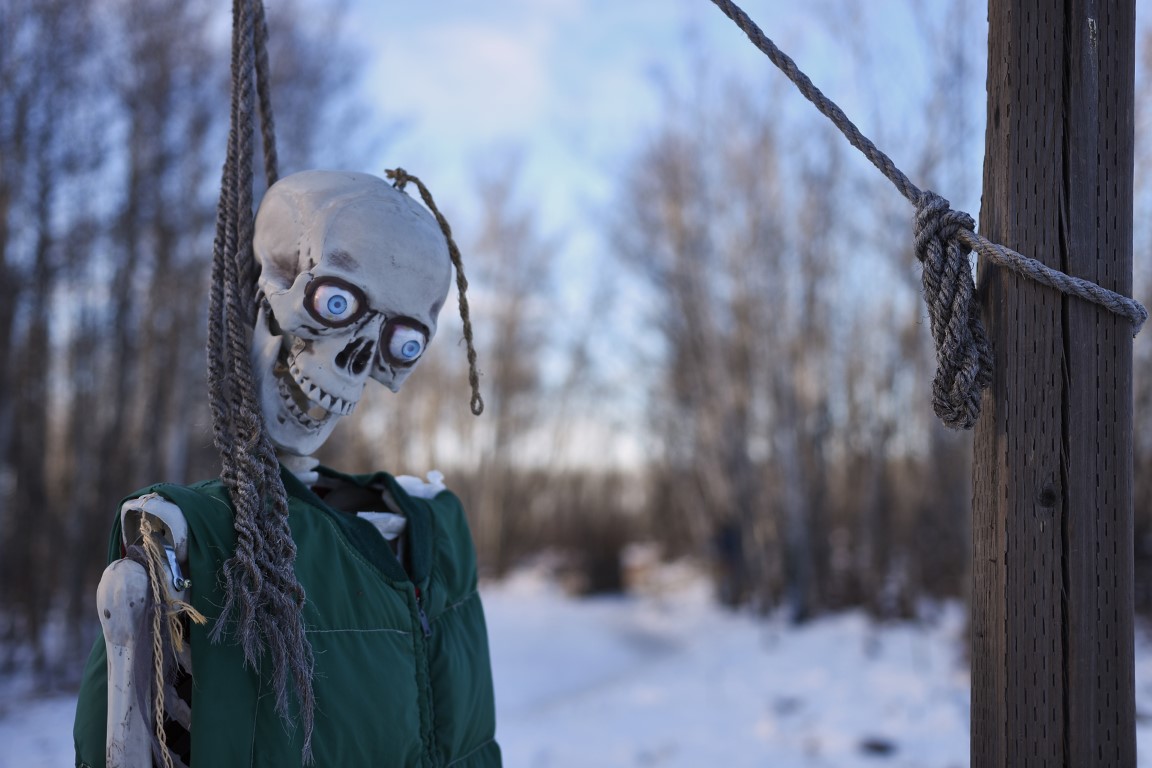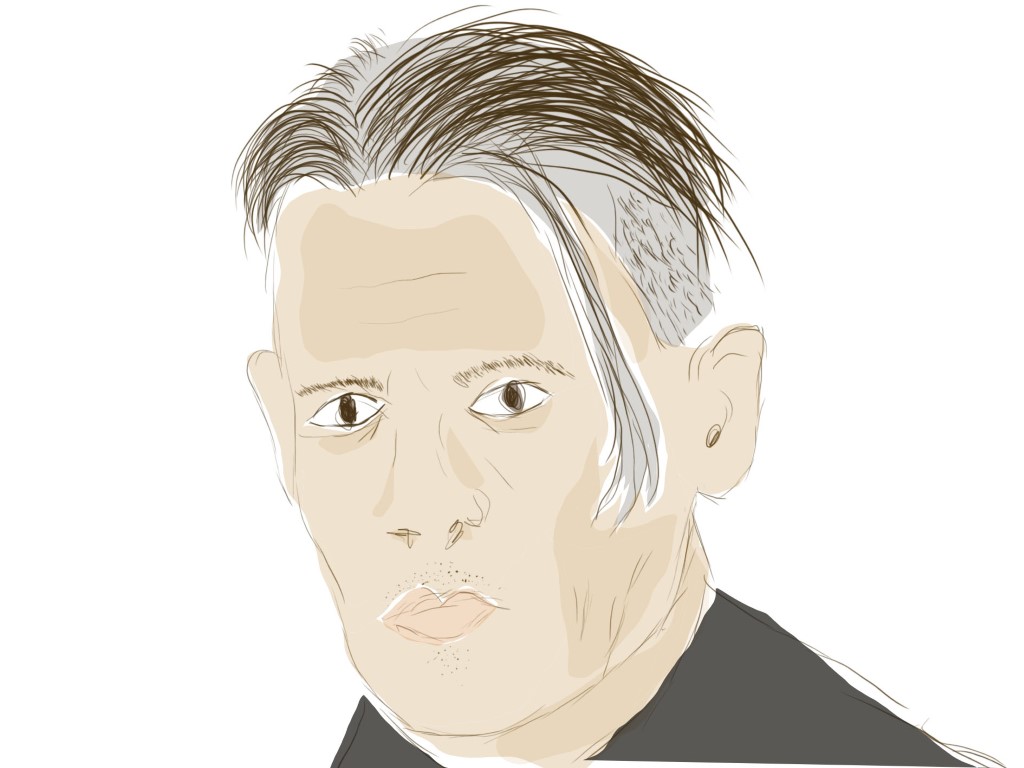
Especially during a pandemic, jokes have great value in restoring mental health
By Janis McMath, Editor-in-Chief
Of 608 emergency-health service workers, nearly 90 percent stated that they used gallows humour to cope.
In preparation for Halloween, retailers always offer topical costumes. Perhaps predictably, the year of 2020 featured many a coronavirus costume. Markets in Mexico were reported to have sold a very popular COVID-19 costume with a scary face and fluorescent green skin, and Amazon retailers tried the same with similar mask—until some of those retailers were banned from the platform after critics slammed the costume as a “terrible lapse in judgement.” While I understand the offense taken—as the topic is related to serious tragedy—there has not been enough consideration to the value of gallows humour.
The term gallows refers to the often wooden structure used to hang people sentenced to death. Gallows humour is used to describe comedy that is dark and uncomfortable—but all the while hilarious. Studies have repeatedly found that dark humour serves as an effective coping mechanism for those undergoing extreme stress. Seeing the reputation humour has in combating anxiety, it is not surprising that it is often used by those in psychologically draining professions such as those in medicine and the military.
Dark humour is one of the most common methods in dealing with high pressure careers; a study by flight paramedic Victoria Corum found that of 608 emergency-health service workers, nearly 90 percent stated that they used gallows humour to cope. In comparison, the study showed that discussing issues with coworkers; enjoying family time; and working out as coping methods respectively earned 37, 35, and 30 percent. Additionally, through observation and interviews, the study “Integrating Dark Humor and Compassion” finds that hospice workers report using dark humour as a coping mechanism against “stress, emotional burnout, and dissatisfaction with work.” Using such humour helps change disturbing experiences into bearable ones.
And the military certainly has a reputation for dark humour—look no further than VetTV, a streaming service made by and for veterans. It’s described as an offensive show that deals with a wide array of controversial topics, including the high suicide rate among ex-military. The suicide rate of veterans is one and a half times that of non-veterans; additionally, veterans are at-risk of depression and substance abuse. The job comes with weighty stressors, so clearly the value of their commonly used coping method should be taken seriously.
Comedy in the face of tragedy allows a person to change their focus—this is called cognitive reappraisal. This method is revered for helping prevent depressive symptoms and also as a very adaptive coping method. For those who often are faced with traumatic events, a comedic perspective can be crucial in preventing debilitating symptoms.
Trauma from horrific events like the Holocaust have also been survived with the help of a little laughter. A 1998 study by Ostrower included this testimony from a Holocaust survivor: “When I was interviewed […] and they asked me, what I thought was the reason I survived, they probably expected me to answer good fortune or other things. I said that I thought it was laughter or humour.”
Another survivor of the Holocaust, Antonin J. Obrdlik, wrote an article detailing the value of gallows humour during every phase of the horrific historic event. He speaks of dark humour as a morale booster to those facing the pressing threat of Hitler’s army. Obrdlik also argues that it is “destructive for the oppressors” as it undermines their morale in their conquest for power.
This pandemic has yielded a lot of research on mental health—and the common conclusion is that stress is on the rise. The Centre for Addiction and Mental Health (CAMH) reports that “50 percent of Canadians reported worsening mental health since the pandemic began.” The situation seems to have hit workers harder, as 81 percent of Canadian workers report that COVID-19 has put a big dent in their mental health. Canadians are suffering and are looking for methods to cope—and for example, may find comfort in a Facebook group that shares dark humour coronavirus memes. Psychologist Lori Day has created such a page and of it she says “Humor like this might rub some people the wrong way. But everybody’s different […] There are people in the group that are COVID-positive, and they’re literally laughing from their beds or their hospital rooms.” And while of course there are lines to consider in what dark jokes are moral and sensible—and which ones go too far—I feel it is important that society looks to understand the value in dark humour. As research and culture has shown, gallows humour has several important (and scientifically proven) purposes. We should not be quick to assume that those who make dark jokes have poor intentions.

